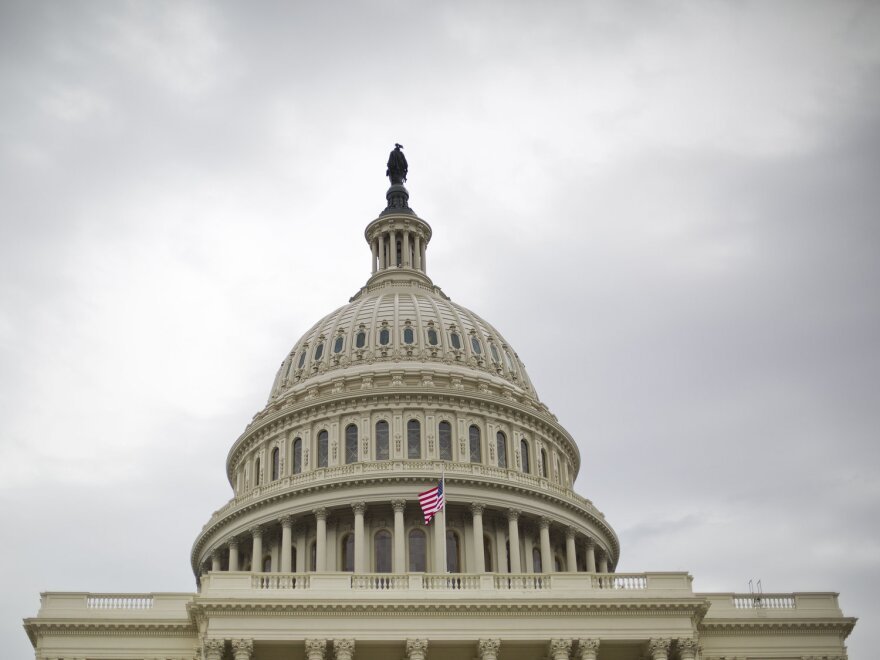Congresswoman Annie Kuster says $6 billion in a new budget deal to fight the opioid epidemic is a good start. But she says a longer-term commitment is still missing - and she wants to ensure the funding formula treats smaller states fairly.
"It’s certainly more than is in the pipeline right now,” she says. “I think everyone agrees it’s critical that we get funding out on the front line to expand access to treatment and help people in their long-term recovery. We’ve got to get over the hump and save lives and get people back to work.”
Kuster, a Democrat from the 2nd District, is co-sponsor of legislation that proposes $25 billion over five years for addiction. The $6 billion is part of the federal deal reached last week to end a brief government shutdown. On Monday, President Donald Trump's proposed budget for 2019 includes up to $13 billion for the opioid crisis.
Speaking before the President's next budget request was officially released, Kuster told NHPR’s The Exchange that one of the next challenges is making sure the funding formula fairly distributes money to smaller states.
She says a per-capita distribution shortchanges states like New Hampshire and West Virginia.
Over the next month, congressional appropriations committees will work out how the funds go to what agencies or initiatives.
The $6 billion in the federal budget deal reached last week will go to Health and Human Services and SAMSA, the Substance Abuse and Mental Health Services Administration, among social service initiatives for drug and substance abuse response.
There continue to be challenges in funding social service workers on the front lines of this drug scourge.
“We know we need to get out front of the issue with prevention and education programs. Drug-free community programs are very important, but we’ve got to expand access to treatment and we’ve got to tackle the mental health issues. Four out of five heroin users have a co-occurring mental health issue.”







